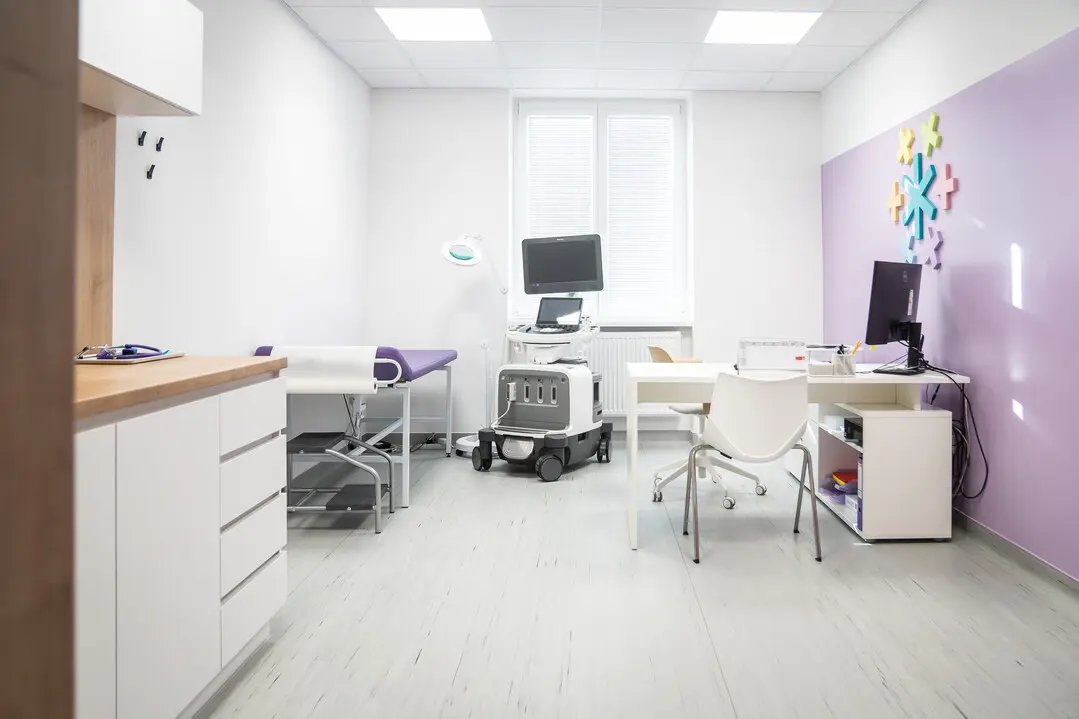Why Seeing a Gynecologist Matters for Every Woman’s Health

Introduction
Women’s health is more than just staying fit or eating right—it’s also about understanding your body and catching issues early. That’s where a gynecologist comes in. Whether it’s your first visit or your annual check-up, a gynecologist plays a crucial role in helping you maintain good reproductive and overall health. In this post, we’ll break down what a gynecologist does, when you should visit one, and how these visits can empower you to make informed health choices.
What Is a Gynecologist?
A gynecologist is a medical doctor who specializes in women’s reproductive health. They deal with a wide range of issues including:
- Menstrual problems
- Fertility concerns
- Pregnancy and childbirth
- Menopause
- Preventive screenings
Some gynecologists are also trained as obstetricians, meaning they can manage pregnancy and deliver babies. These dual specialists are known as OB-GYNs.
Why You Should See a Gynecologist Regularly
Preventive Care Saves Lives
One of the most important reasons to see a gynecologist is for preventive screenings, such as:
- Pap smears to detect cervical cancer
- HPV testing
- Breast exams
- Pelvic exams
These tests help catch issues early, when treatment is most effective.
Hormonal Health and Menstrual Issues
From irregular periods to painful cramps, your gynecologist can help diagnose and treat conditions such as:
- Polycystic Ovary Syndrome (PCOS)
- Endometriosis
- Fibroids
- Hormonal imbalances
Fertility and Family Planning
Thinking about starting a family? A gynecologist can guide you through:
- Ovulation tracking
- Fertility assessments
- Contraceptive options
- Preconception health planning
Menopause Management
As women age, hormonal changes during menopause can bring uncomfortable symptoms. A gynecologist can help manage:
- Hot flashes
- Mood swings
- Sleep disturbances
- Bone health
What to Expect During a Visit to the Gynecologist
Your First Appointment
Your first gynecology visit might feel a little intimidating, but it’s usually straightforward. Expect to:
- Discuss your medical history
- Talk about your menstrual cycle and any symptoms
- Possibly undergo a physical or pelvic exam (depending on your age and reason for visit)
Questions to Ask
It’s important to ask questions and be open with your doctor. Some useful ones might include:
- What birth control options are right for me?
- Is my menstrual cycle normal?
- What do I need to know about STIs or HPV?
- Are there lifestyle changes I can make to support my reproductive health?
How to Choose the Right Gynecologist
Key Factors to Consider
Finding a good gynecologist is personal. Here are some things to look for:
- Credentials and experience
- Patient reviews
- Their ability to make you feel comfortable
- Whether they listen and explain things clearly
- Location and availability of appointments
Online Research and Referrals
Start by checking online directories, reading reviews, and asking for referrals from trusted friends or your primary care physician.
Myths About Visiting a Gynecologist
Let’s debunk some common myths:
- Myth 1: You only need to see a gynecologist if you’re pregnant.
Fact: Gynecologists manage many aspects of women’s health beyond pregnancy. - Myth 2: Pap smears are painful.
Fact: They may be uncomfortable, but they’re usually quick and tolerable. - Myth 3: Young women don’t need to go.
Fact: Women should start visiting a gynecologist by age 21—or earlier if they are sexually active.
Benefits of Seeing a Gynecologist
Seeing a gynecologist provides peace of mind and empowers you with knowledge about your body. Key benefits include:
- Early detection of health problems
- Professional guidance on birth control, fertility, and menopause
- Personalized care that supports your unique needs
- Open conversations in a safe, judgment-free environment
Conclusion: Take Control of Your Health Today
Your reproductive health deserves attention, care, and expertise. Regular visits to a gynecologist help you stay informed, prevent health issues, and feel confident in your body. Whether you’re managing menstrual pain, planning a family, or just due for a check-up, don’t wait. Schedule your gynecologist appointment today—your future self will thank you.







